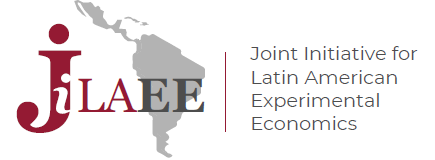Consuming Perishable goods in the Presence of Transaction Costs and Liquidity Constraints
I show that transaction costs for perishable goods create welfare loss. The loss comes from the trade-off between transaction costs and the waste that occurs when perishable goods expire, a trade-off that is compounded by liquidity constraints. I explore this trade-off using prepaid solar access time in rural Rwanda, a strictly non-storable good with transaction costs. I randomly offer 2,000 current solar customers a line of credit for solar access time, which alleviates liquidity constraints and lowers transaction costs. Consumers who previously bought in bulk respond by eliminating wasteful consumption, reducing demand by up to 6.4%. Those who are the most likely to be liquidity constrained increase demand by 88%. My results illustrate that transaction costs for perishable goods distort willingness to pay in opposite directions for different subsets of consumers. I estimate consumer surplus from electricity under the less distorted conditions of my experiment. My estimates indicate a stronger cost-benefit proposition for universal electrification than others in the literature, but indicate that marginal households' willingness to pay still falls below current cost-covering levels.
